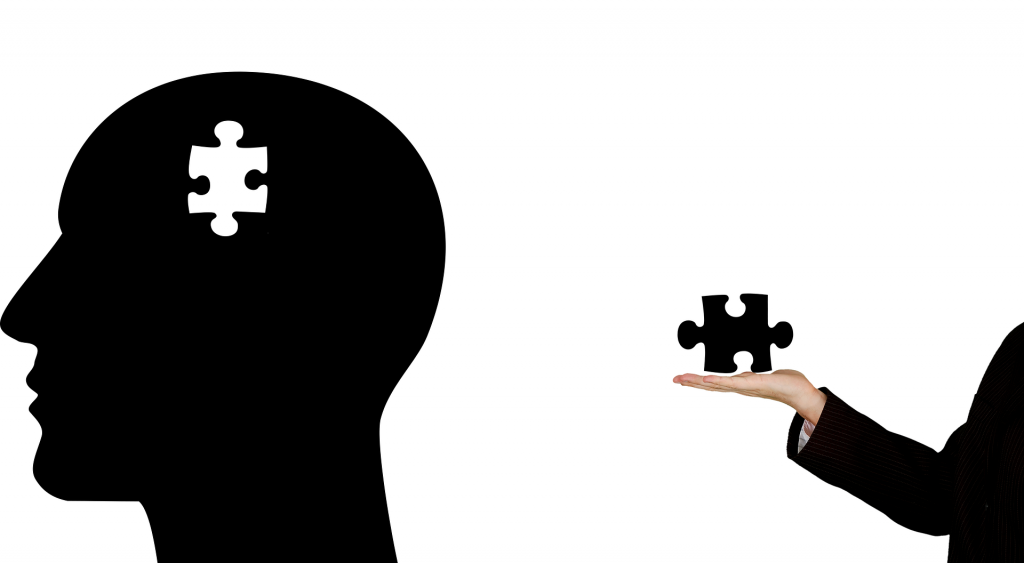Brain fog is another term for being mentally fuzzy or sluggish. Although it is not a medical condition, it could be, however, a sign of a health problem. Brain fog feels as if you don’t have mental clarity. Everything feels hazy while not having the mental capacity to perform daily tasks. Having a loss of mental sharpness is an unfamiliar feeling to most people who suffer from brain fog.
Causes of Brain Fog
- Lack of sleep
- Increased stress levels
- Depression
- Dementia
- Perimenopause
- Medication
- Hormonal conditions
- Chronic health conditions
- Nutrient deficiencies
- Viral infections
Symptoms of Brain Fog

- Having a hard time focusing
- Having a hard time recalling
- Having a hard time multi-tasking
- Having a hard time following conversions
- Having a hard time paying attention
- Mental exhaustion
Tips and Tricks to Reduce Brain Fog
Get Enough Sleep
Sleep helps the body wash off unhealthy toxins. These toxins often contribute to brain fog, hence, having a lack of sleep can cause your mental capacity to depreciate. It is ideal to follow a fixed sleep schedule and have at least seven hours of sleep every night. Moreover, it is best not to use any gadgets before you sleep.
Venture on New Experiences
Venturing into new things will keep your mind engaged and stimulated. Simple things like changing your route to work or adding a new activity to your routine will refresh your mental block. Doing things that stimulate your brain will help increase your norepinephrine production which is essential in brain stimulation.
Avoid Multitasking
Multi-tasking is one source of energy loss and can significantly lower your productivity. If you are doing two things that require conscious thinking, you will lose your power to focus. Rather, try to do just one thing and give your 100% focus on it.

Enhance Your Memory
There are things you can do that can help you improve your brain’s capacity to recall moments, places, names, and other random things you do and encounter every day. Rhymes, mnemonics, or other visual and verbal cues and even phone games will train and stimulate your brain.
Give Your Brain a Break
It is important to take mental breaks after strenuous mental work. Take time to stop and not think about anything. Look out your window, take a short walk, or just simply have a moment of silence in your mind.
Work On Your Attention Span
If you often find yourself getting distracted by little things, try practising your attention to focus on just one thing and have it done regardless of how big or small the task is.
Maintain Social Interaction
Being able to still go out and have a spontaneous conversation will stimulate your brain while at the same time it enhances your mood, boost your memory, and keep your cognitive functions alert.

Exercise Daily and Follow a Healthy Diet
Exercise keeps your body alert and it takes out unhealthy toxins. Exercise also improves your mental health while keeping your body in good shape. Eating healthy at the same will keep both your physical and mental stability intact.
There are other ways you can avoid brain fog. Drugs and alcohol also trigger brain fog. So, as much as possible, practise a healthy lifestyle to keep up with your daily tasks.
